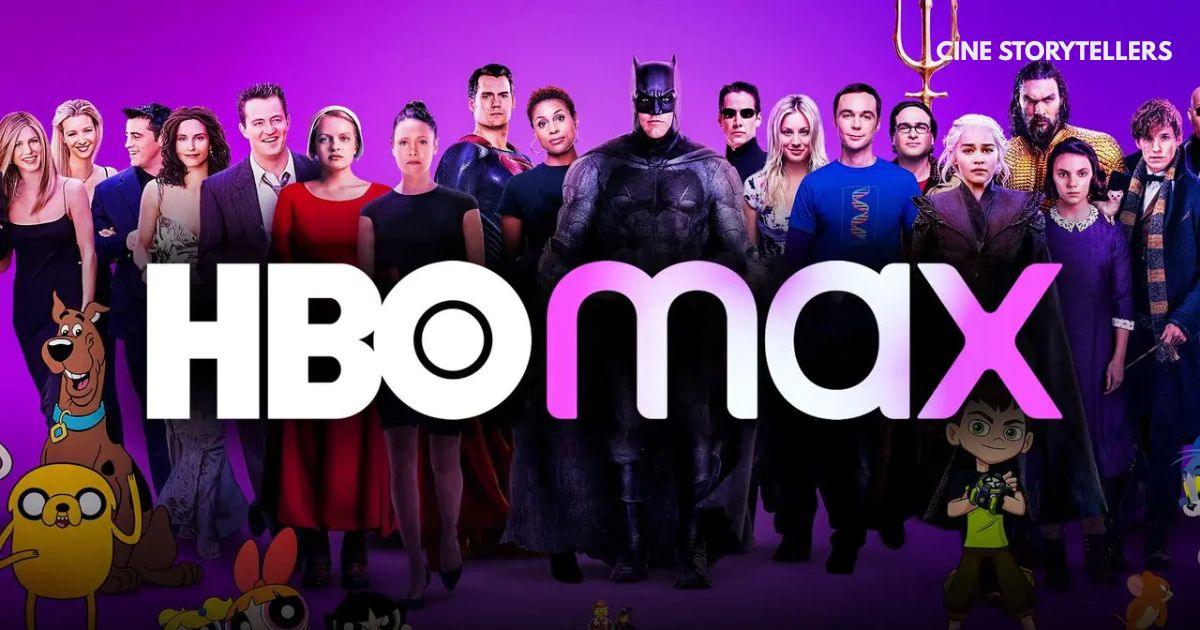HBO is more than a TV network—it’s a brand known for consistent excellence. From The Sopranos to Succession, the network has delivered hit after hit. But how did HBO earn its reputation as the home of TV masterpieces?
Let’s break it down.
Creative Freedom Without Advertisers
Most TV networks rely on ads. That limits what writers and directors can show. HBO broke that mold.
As a subscription-based service, HBO doesn’t answer to advertisers. This gave creators room to take risks. Shows like Oz and The Sopranos tackled subjects mainstream TV wouldn’t touch—violence, trauma, moral ambiguity.
This freedom is a key reason why many top creators choose HBO. They know their vision won’t be diluted.
Focus on Quality, Not Quantity
Where other networks churn out dozens of shows per year, HBO takes a different approach. It produces fewer series—but invests heavily in each one.
From casting and writing to music and cinematography, everything is deliberate. That’s why series like The Wire, Chernobyl, and Euphoria stand out. They’re not just entertaining. They’re carefully crafted.
HBO doesn’t follow trends—it sets them.
Bold, Complex Storytelling
HBO’s shows dive deep. They don’t spoon-feed the audience. They challenge viewers to think and feel.
Take Succession. It’s a corporate drama, but it’s really about family, legacy, and emotional damage. Or Game of Thrones, which began as fantasy but became a commentary on power, politics, and war.
HBO also thrives in nuance. Characters aren’t “good” or “bad.” They’re human—flawed, layered, and unpredictable.
Critical Acclaim and Awards
HBO dominates award shows. Year after year, its shows win Emmys, Golden Globes, and Peabodys. This critical success reinforces its image as a prestige network.
Some of its most awarded titles include:
- The Sopranos
- Game of Thrones
- Chernobyl
- Succession
- Barry
- The White Lotus
These shows don’t just win awards—they shape culture and spark conversation.
Nurturing Top Talent
HBO is a magnet for great talent. Writers, directors, and actors flock to the network because it supports their vision.
They don’t just cast stars—they build them. Many big names got their break on HBO:
- Peter Dinklage (Game of Thrones)
- Sarah Snook (Succession)
- Zendaya (Euphoria)
HBO also gives creators time. There’s less pressure to rush. That’s why even “slow-burn” shows have room to breathe.
Staying Relevant in the Streaming Era
When streaming changed TV, HBO didn’t fall behind—it adapted. HBO Max launched with a deep library and original content, attracting new viewers while keeping its identity intact.
Even as trends shift, HBO’s focus on storytelling hasn’t changed. Whether it’s through streaming or cable, it continues to lead the industry.
Shows like The Last of Us prove that HBO still knows how to mix innovation with quality.
Cultural Impact That Lasts
HBO shows don’t just entertain. They become part of the cultural conversation.
- The Wire is taught in universities.
- The Sopranos changed how audiences view antiheroes.
- Euphoria reshaped how teen stories are told.
- Chernobyl brought new awareness to real-world history.
These aren’t just hit shows. They influence film, media, and public dialogue.
Consistency Over Decades
What makes HBO stand out most is its consistency. Many networks have peaks and valleys. HBO, however, has been delivering top-tier content since the 1990s.
Each decade brought something iconic:
- 1990s: The Larry Sanders Show, Oz
- 2000s: The Sopranos, The Wire
- 2010s: Game of Thrones, Westworld
- 2020s: Succession, The Last of Us, The White Lotus
Very few platforms have managed this level of sustained success.
Global Appeal and Longevity
HBO’s shows don’t just work in the U.S.—they’re global phenomena. Game of Thrones became a worldwide obsession. Succession trends across continents. Its programming reaches audiences in Europe, Asia, and Latin America.
Many HBO titles stay relevant for years. Band of Brothers (2001) still ranks among the best miniseries ever made. Six Feet Under is still praised for its finale over a decade later.
HBO creates content that stands the test of time.
Final Thoughts
HBO earned its title as the gold standard of television by:
- Giving creators full control
- Prioritizing story over profit
- Taking creative risks
- Earning critical and audience trust
- Supporting both new and seasoned talent
- Staying relevant without losing its identity
In a crowded media landscape, HBO remains the leader in prestige television—not by accident, but by design.
Also Read : Jack Betts Dies at 96: Celebrating the Life of a Spaghetti Western and Spider-Man Star
FAQs
Why is HBO considered the best TV network?
Because it consistently delivers high-quality, award-winning shows with deep storytelling and strong production values.
What was HBO’s first major success?
One of the earliest hits was Oz (1997), followed by The Sopranos in 1999, which redefined modern TV drama.
Does HBO still make great shows in the streaming era?
Yes. HBO Max has continued the brand’s legacy with hits like Succession, The Last of Us, and The White Lotus.
What makes HBO shows different from other networks?
Creative freedom, fewer censorship restrictions, and a focus on character-driven, complex narratives.
Is HBO better than Netflix or Hulu?
While streaming platforms like Netflix have quantity, HBO is known for consistent quality and cultural impact.
Join our WhatsApp channel for more updates and information about celebrities and entertainment

I’m Atul Kumar, founder of Cine Storytellers and an entertainment creator with 5+ years of experience. I cover films, celebrities, music, and OTT content with a focus on accurate, ethical, and engaging storytelling. My goal is to bring readers trustworthy entertainment news that informs, inspires, and goes beyond gossip.
Discover more from Cine Storytellers
Subscribe to get the latest posts sent to your email.
